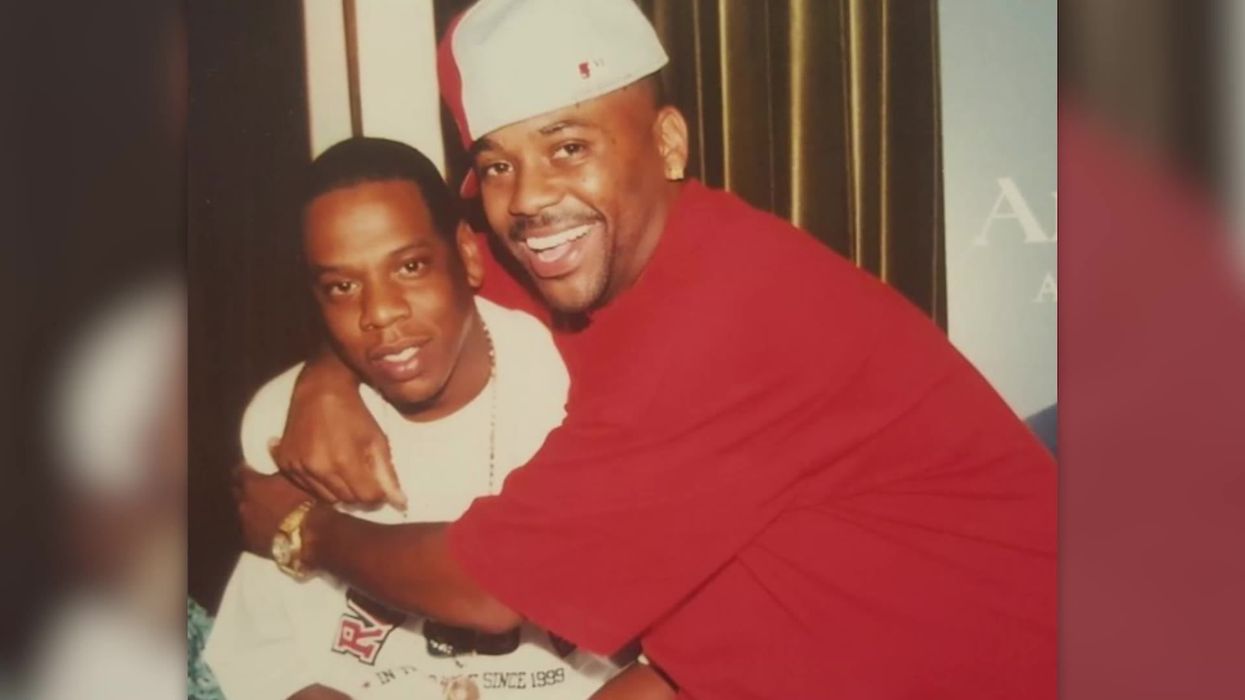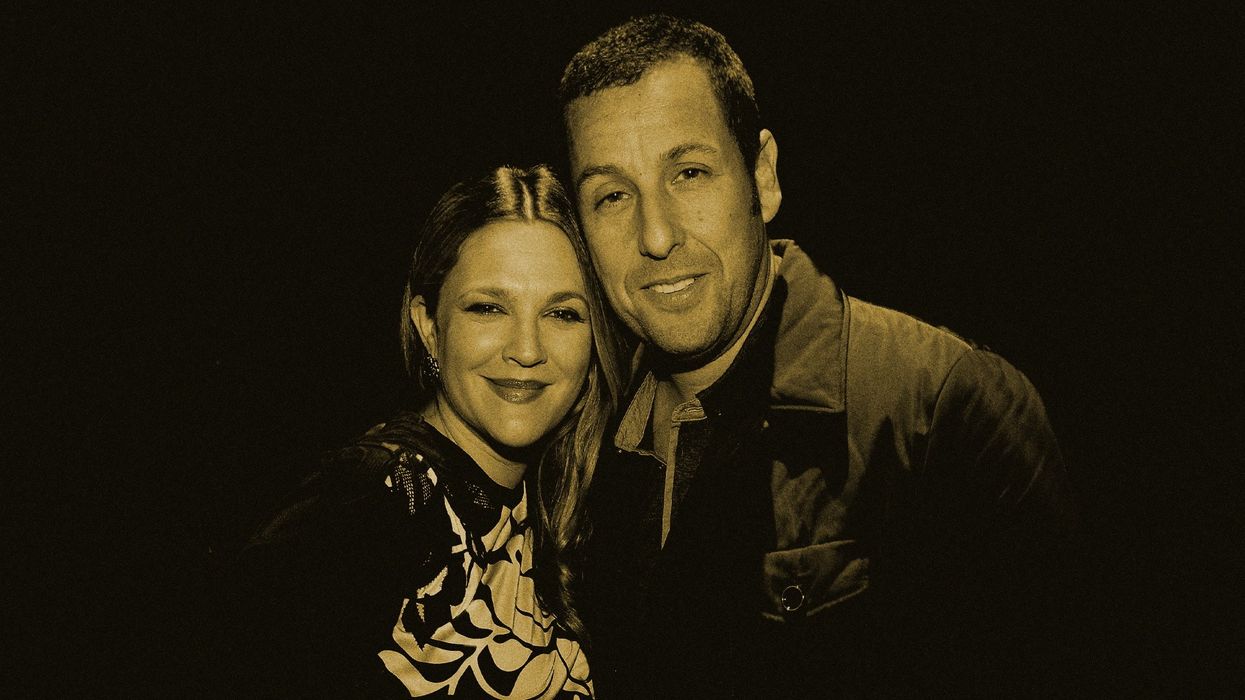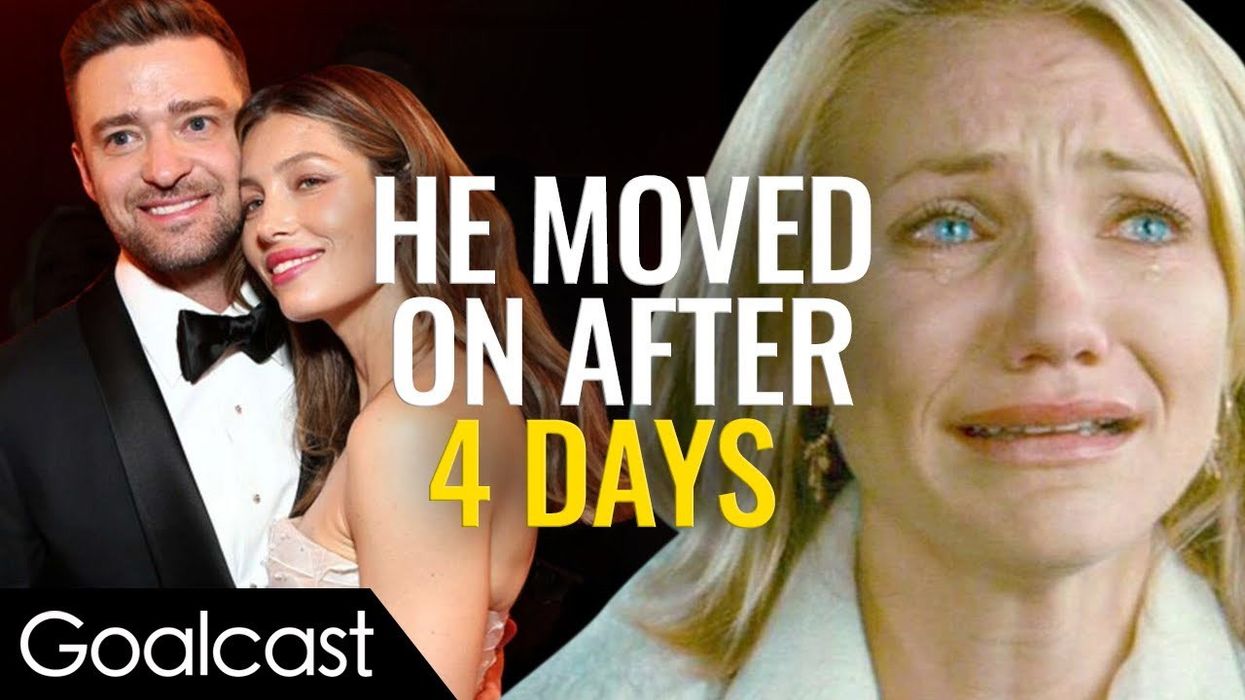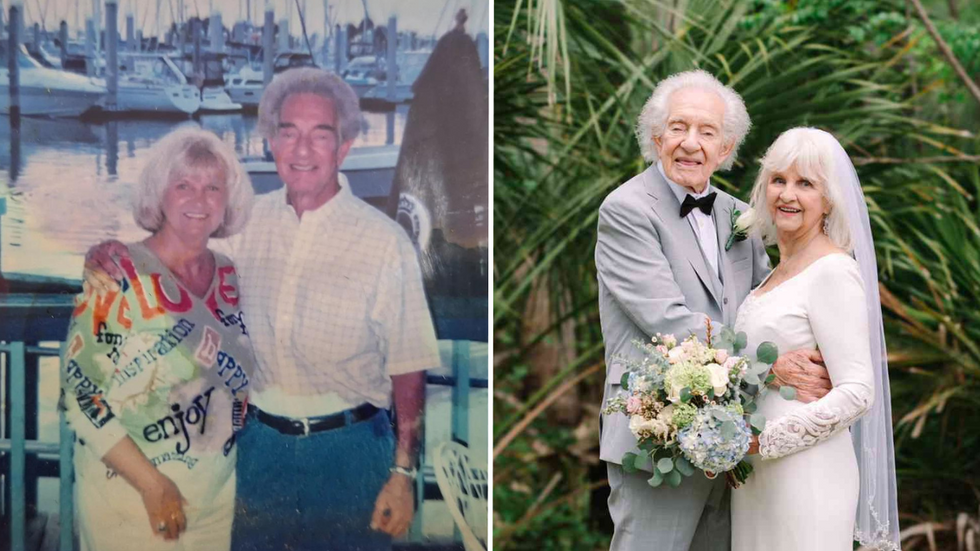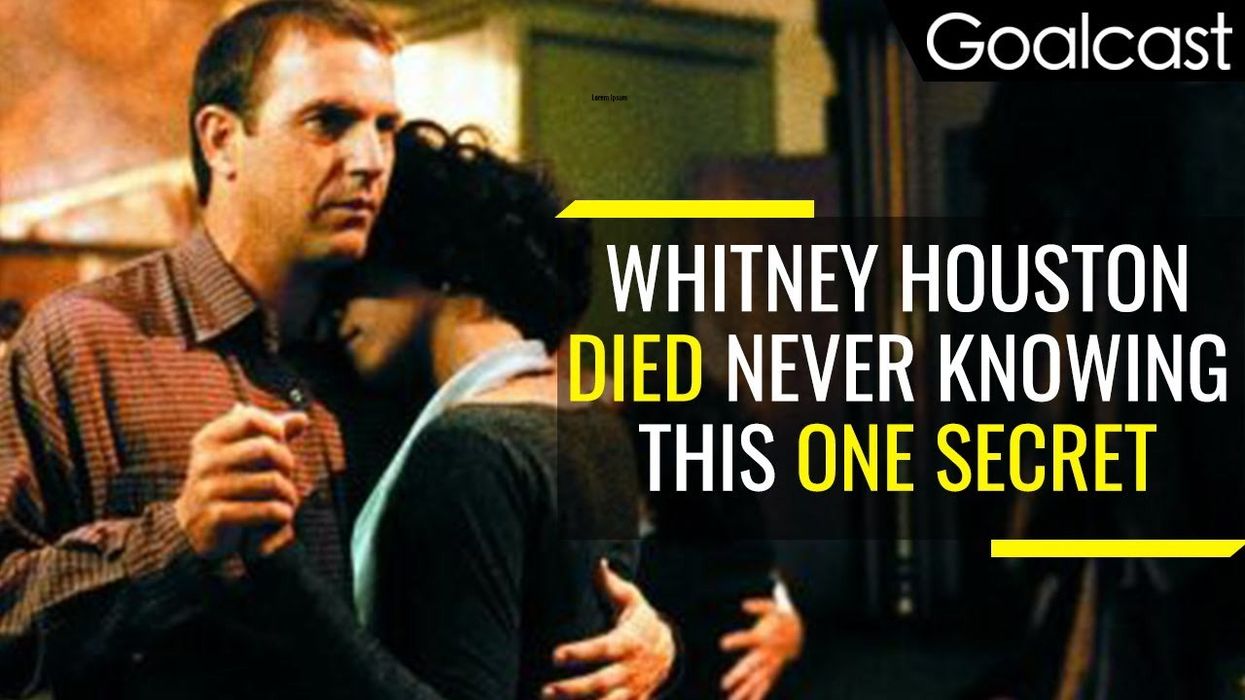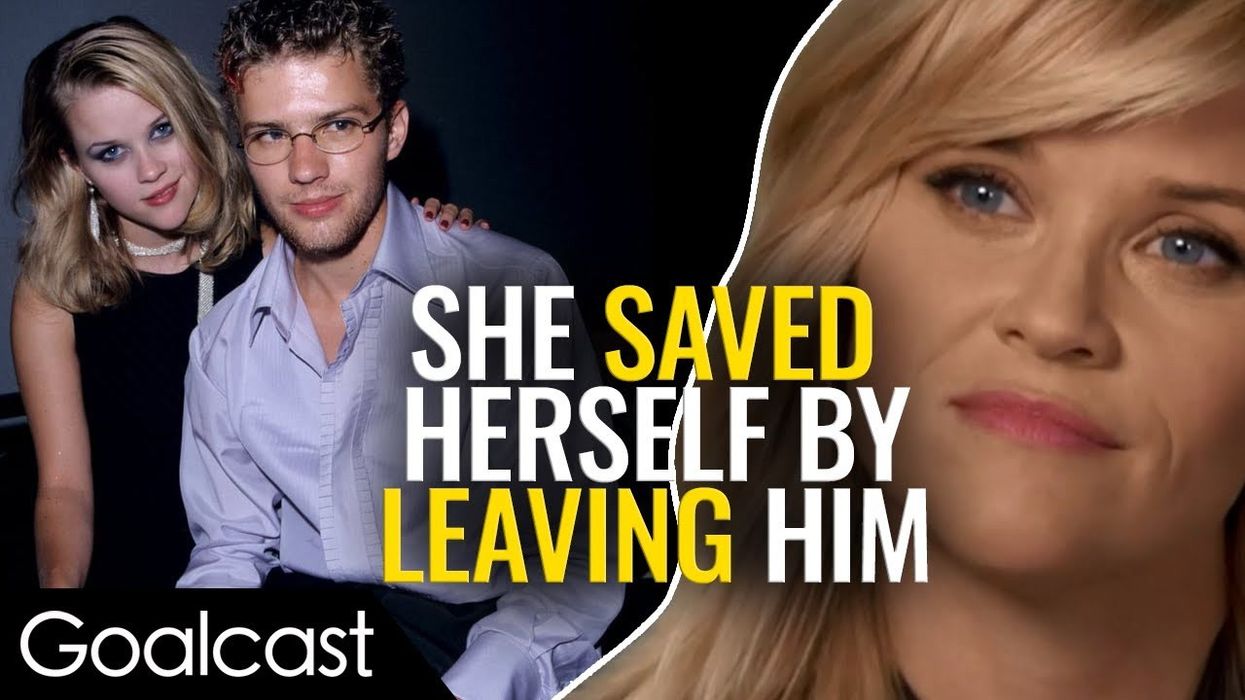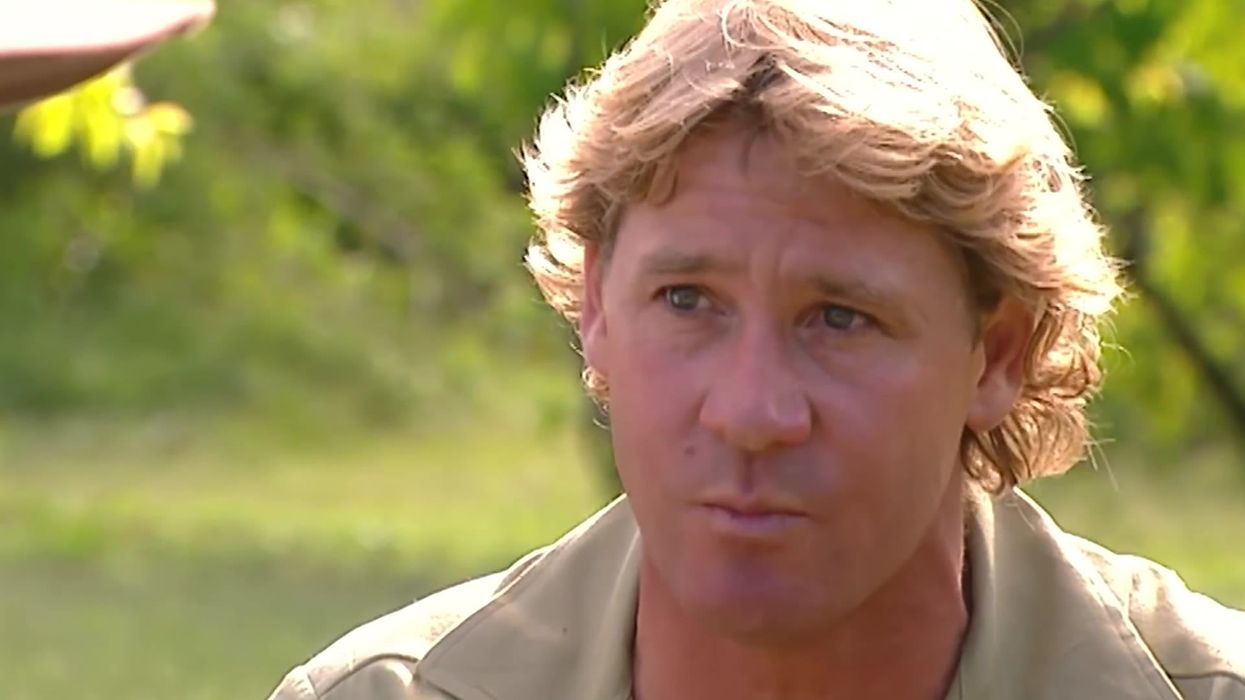
You Failed, Now What? Successful Entrepreneurs Share Their Comeback Stories
Though it may seem rosy from the outside, every company and entrepreneur has to fail in order to discover their success.
If you’re in the beginning stages of a side hustle, bouncing a few big ideas around, or just trying to make your way up the competitive corporate ladder, it’s important to think positively, manifest, and to not be so hard on yourself. Especially if you are comparing yourself to the most ambitious companies out there.
Why? Though it may seem rosy from the outside, every company and entrepreneur has to fail to discover their success. No matter how profitable they are today, at one point, they started from the ground up and had to work overtime to develop strategy, recover from mistakes and build their brand.

Here, 5 successful entrepreneurs share how they recovered from failure:
1. “Be transparent.”
When Kari DePhillips started her company, The Content Factory, she was adamant about on truth: pay everyone.
As a writer herself, she never wanted to ask for free content and because she also valued other creatives, she wanted to be prudent about paying for images, too.
However, one of her new writers published a blog post to a client’s site that included a copyrighted image, unbeknownst to DePhillips. A few months later, a client received an email from a lawyer informing them they were being sued for $8,000 for using the photo.
Not only was it embarrassing — but it was a lot of money for a young business.
Though they eventually negotiated the fee down to $3000, it proved to be an expensive — but essential — learning for DePhillips. In addition to crossing her T’s and dotting her I’s, she now has a traceable, reliable workflow for every writer to follow, cutting down on mistakes.
Most importantly, she discovered the value in being transparent. She published an expose, appropriately-titled "The $8,000 Mistake That All Bloggers Should Beware." It become the most popular piece of content, driving traffic and ironically enough, bringing in new clients.
“People seem to like that vulnerability and candor and once they relate to you — flaws and all — they seem to be more comfortable doing business with you. Transparency is something I now carry throughout my business, from pricing to strategy to open communication with clients and employees,” DePhillips shared.
2. “Your team makes or breaks you..”

Generally speaking, Julie Cole lives by the mantra "there are no failures, only lessons." However, that doesn’t mean it’s been easy-peasy growing her company, Mabel’s Labels.
As the co-founder and senior director, it was difficult to hire and manage staff when she grew. Business is indeed, personal, and the people who work for your company reflect your brand. This means they can make or break your company — either through their smart actions or their poor choices.
I was holding on to staff too long, even when they were not a fit or the company outgrew them
She shared: “It is always difficult to let staff go, but at the end of the day, you need a strong team with the right people on the bus and the wrong people off the bus.”
Once she started to be more proactive and selective about her employees, she hired slowly and fired quickly, all in an effort to protect her brand and her bottom line. This resulted in more confidence, a fearless approach to business, and a strong retention rate.
“We learned to develop and understand our company’s core values. In doing this, we could integrate our core values in our interview process and ensure we made smart hires. We try to hire and fire by our core values,” she explains. “We allow people to be 'intrapreneurial' in their jobs and we don’t micromanage them. Having a successful team makes for a successful business.”
3. “You have to own your brand.”

As the co-founder of Feel Good Foods, Vanessa Phillips has gone through many hurdles growing her company. Though some of it has been triumphs, she has also endured some failures.
One notable failure involved preparing for a launch with a manufacturer who said everything would be covered. Phillips trusted them, and was excited to see them in the freezers of a large supermarket chain.
However, as things developed, Feel Good Foods quickly realized the taste wasn’t up to their standards. Since they pride themselves on wholesome, delicious meals that are also nutritionally-sound, they were anxious about this misstep. Luckily, it was early into their company and they’ve recovered since, but it was a great lesson for Phillips.
Nobody is going to watch your products and execute them the way that you would.
"As we get bigger we have to trust the people around us a bit more but the once thing that cannot suffer is product integrity,” she continues. “This is so important and it's something you cant take your eyes off of even for one second, especially when product quality is the number one attribute of your product line.”
4. “Call yourself what you are — and be proud.”

Since she was a child, Dia Bondi says hustle has been at her core. She valued autonomy, adventure and creation. But as she started to dabble into an independent career, calling herself a coach and facilitator in the world of leadership communications, someone offered her an in-house gig.
She did it to fit in — not because it was actually what she wanted to do with her profession.
“It didn’t take long to see that this was a mistake. Some love the predictability and rhythm of a regular work day, to me it was a straitjacket. For some, being on the same team for a long time is a comfort, for me it was a bore,” Bondi explained. “My ability to contribute in meaningful ways withered."
I couldn't stay connected to my creative self, my drive suffered. My light started to go out.
So, she quit. She went back and developed her company, Ask Like An Auctioneer and now she guides professionals through their hurdles — personally and professionally.
“I intentionally decided to trust my hustle, to dip back into the autonomous adventure of entrepreneurship. With no real plan, I rented a space and got back to work. It didn’t take long for my spark to come back,” she shared. “When I finally accepted my entrepreneurial self and recognized that was my way in the world, what I do and who I am became so much more aligned. And that’s made me more courageous, energized and have the kind of impact I can be proud of.”
5. “Accept your weaknesses — and change them.”

Though it might seem silly to take out a $100K loan when your business was facing bankruptcy, it was actually the right choice for Jessica Zimmerman. And it was the answer to the biggest mistake she made: not preparing herself for a career as an entrepreneur.
In 2011, she bought an event business in the wedding industry, ready to hustle and watch her career skyrocket. Her predecessor went over the rental prices and she took everything as gospel, without doing research on the actual fair market price. She would make $20K in a month — but spend $21K. She would spend her days trying to book clients, her nights worrying about paying employees, and eventually, she knew something had to change.
The answer? Going back to school so she could understand business basics. “But in order to get the education I needed, I’d have to put my business, and my all-hustle-all-the-time attitude on pause for an entire year. So I convinced the bank to give me a $100,000 loan, enabling me to spend twelve months learning how to turn my business around,” she shared.
Today, her company is a 7-figure business, and she’s grateful she accepted her weakness and sought to change them.
If there’s one thing I’ve learned, it’s that failure is inevitable. But if you’re willing to learn and grow, then failure isn’t something that happens to you. It’s something that happens for you.















